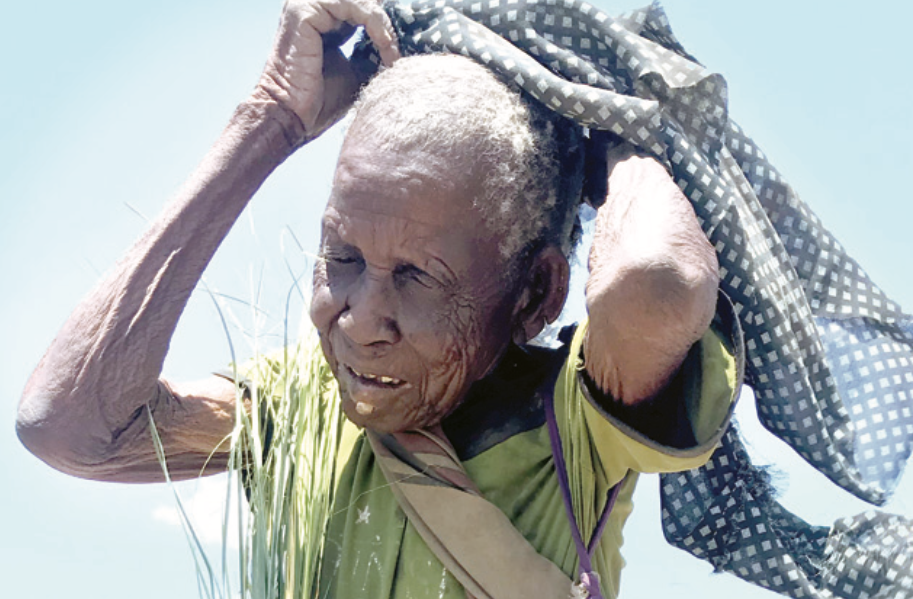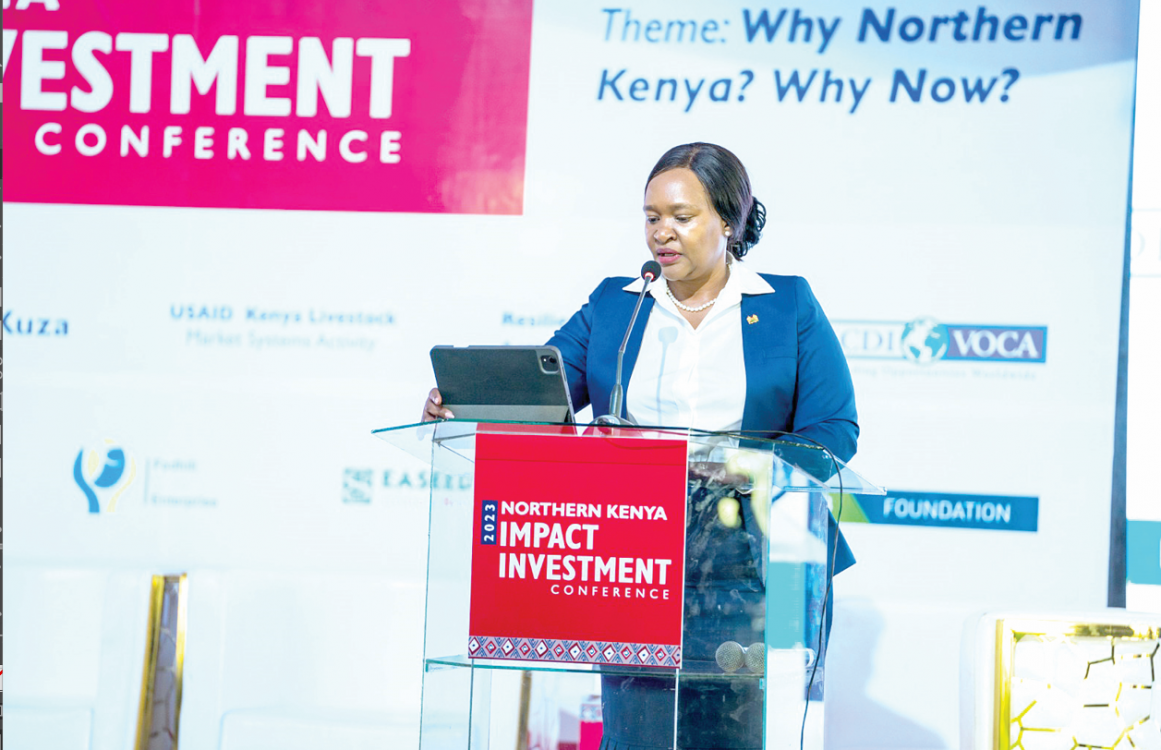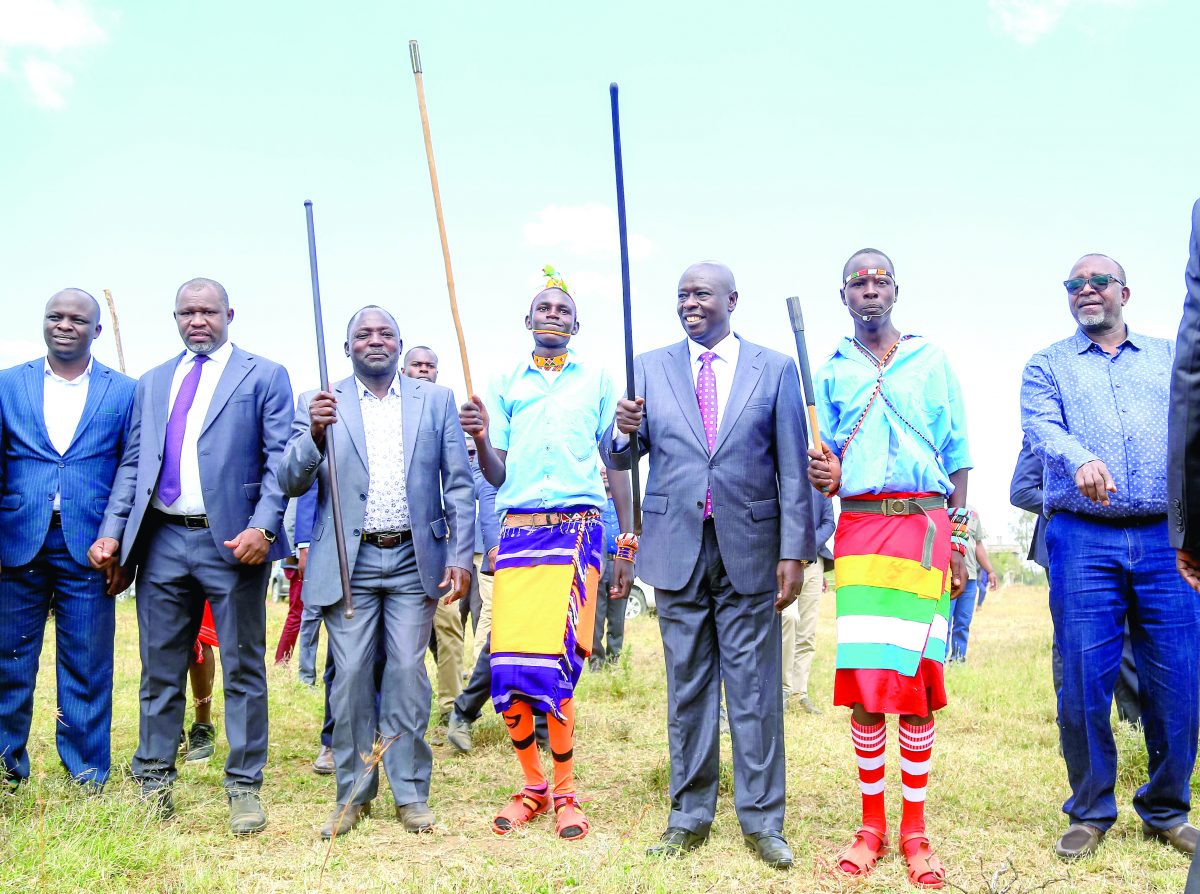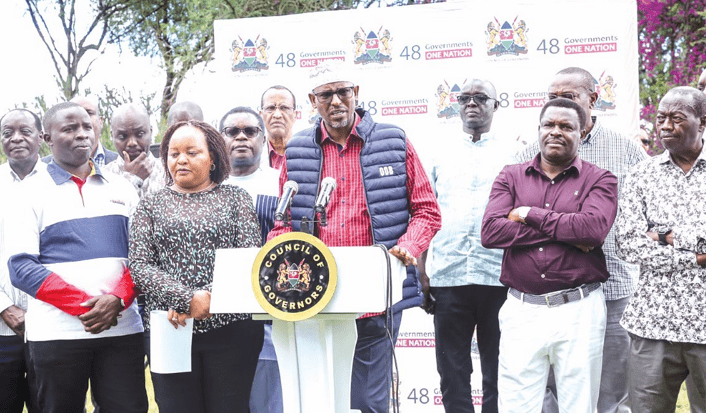How hunger fund beneficiaries lost money to fraudsters

Seventy-one-year-old Athekon Lokoritapan staggers back to her homestead in sweltering heat in Akatarong’ot village in Turkana after hours of desperate search for firewood and water.
All she has managed to get from the drought-ravaged plains are kindling and thatching grass which she hopes to weave into an exposed roof of her hut.
In a used plastic bottle, she carries little water—light brown in colour, obviously unfit for consumption. But it is all she got to quench her thirst.
For Lokoritapan, a Hunger Safety Net Programme (HSNP) beneficiary, things would be different if she received her bi-monthly stipends from the government.
But despite having all the documents confirming she is a beneficiary, she has only occasionally received the funds.
Funds disbursement
There have been claims that the funds meant for the beneficiaries were being diverted into people’s pockets as villagers in desperate need of food and water starve.
Lokoritapan’s only crime, like most beneficiaries, is illiteracy, which some rogue bank agents employed to disburse the funds to them in far flung areas, exploit to swindle them.
She hoped HSNP would alleviate her suffering but nothing has been forthcoming—at least in the past couple of months. Ordinarily, she is supposed to received Sh5,000 every second month.
Her story epitomises the predicament of majority of beneficiaries who complain that they don’t receive cash from the programme, despite the government and multiple donors pumping billions into the project. A assistant-chief in Kakuma, who spoke on condition of anonymity, told a team of journalists that some bank agents have been caught stealing from beneficiaries.
An agent earns a small commission of Sh35 on every transaction but shouldn’t get anything from the 5,400.
People Daily has also learned that in some instances, families have more than one registered beneficiary contrary to the regulations that require one member per household. “It is the responsibility of the National Drought Management Authority (NDMA) to register beneficiaries. They are right now doing a house-to-house registration in Turkana North and Central,” said an agent.
HSNP was launched in 2013 to address poverty, hunger and vulnerability for the poor in the four arid and semi-arid land (ASAL) counties of Turkana, Mandera, Marsabit and Wajir.
Initially, it was designed to test cash transfers as an alternative to food aid and help stop droughts becoming disasters. It provides regular cash transfers and emergency cash transfers that scaled up (and down) quickly in response to shocks such as drought.
All payments are made electronically, directly into recipient’s bank accounts and accessed using biometric and a pin through a network of 300 banking agents.
Currently, the government funds 34 per cent of the regular caseload with the UK and other partners funding the rest through Department for International Development (DFID).













